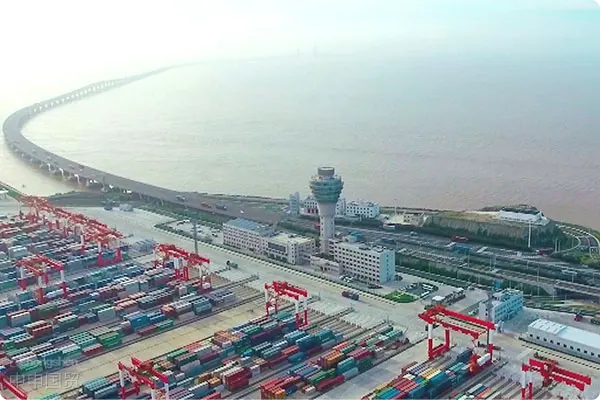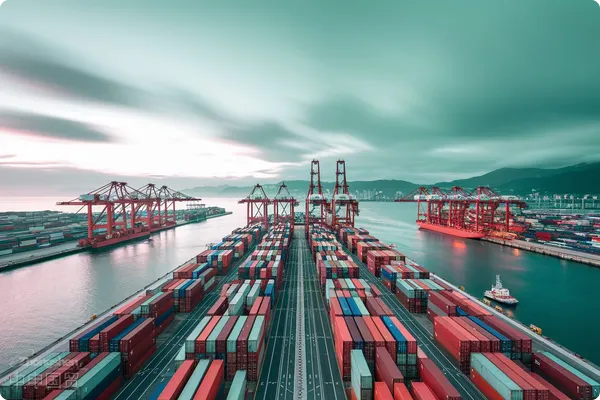- Shanghai Zhongshen International Trade Co., Ltd. - Two decades of trade agency expertise.
- Service Hotline: 139 1787 2118
India, as a country that plays a significant role in the global chemical market, has recently made a series of adjustments to its chemical import policies. The Central Board of Indirect Taxes and Customs (CBIC) issued Customs Notification No. 23/2023 on September 30, 2023, aiming to strengthen the regulation of imported chemicals while giving full consideration to the protection of trade secrets to balance the needs of government oversight and corporate interests. This article will delve into the details of this policy adjustment, its underlying considerations, impacts, and recommendations for exporters.

I. Core Content and Implementation Details of the Policy Adjustment
(1) Clear Definition of Chemical Categories and Information Requirements
The Indian government has clarified the classification of imported chemicals in the notification and set different information submission requirements for different categories of chemicals. For example, for bulk and basic chemicals, importers must provide CAS numbers and IUPAC names in the customs declaration; for formulations and mixtures, at least one major or active ingredients CAS number and IUPAC name must be provided.
(2) Protection Mechanisms for Commercial Information
While strengthening regulation, the Indian government has fully considered enterprises concerns about the protection of commercial information. The ingredient information in the customs declaration will appear in masked fields to avoid the leakage of critical commercial information. At the same time, the relevant ingredient information will be stored in a secure database, accessible only to authorized personnel.
(3) Application of Self-Declaration
In cases where ingredient information cannot be obtained, importers can provide a self-declaration in the customs declaration, stating that due to supplier confidentiality requirements, the relevant IUPAC and CAS number information cannot be obtained.
II. Considerations Behind the Policy
(1) Safeguarding Public Health and Environmental Safety
By strengthening the regulation of chemical imports, the Indian government aims to ensure the safety of chemicals, further safeguarding public health and environmental safety. Since chemicals are involved in various aspects of daily life and industrial production, their safety has a significant impact on the public and the environment.
(2) Stability of Industry Development
Strengthening the regulation of chemical imports while protecting trade secrets is also intended to maintain the stable development of Indias domestic chemical industry. Preventing non-compliant chemicals from entering the market protects the interests of compliant enterprises and maintains fair competition in the market.
(3) Balancing Trade Partner Relationships
Considering corporate commercial interests while strengthening regulation reflects the Indian governments strategy of seeking balance in international trade. Transparent policies and certain flexibility demonstrate that the Indian government respects and maintains relationships with trade partners while protecting domestic interests.
III. Impacts on Exporters and Recommendations
(1) Adapting to New Customs Declaration Processes
Exporters need to familiarize themselves with and adapt to the new customs declaration processes as soon as possible, ensuring that the required additional information is correctly filled out in the customs declaration to avoid delays in cargo clearance.
(2) Negotiating with Suppliers for Information Access
Exporters should negotiate with suppliers as much as possible to obtain the required chemical information. Under the premise of information confidentiality, strive to meet the new policy requirements to the greatest extent possible on a compliant basis.
(3) Further Optimizing Supply Chain Management
Against the backdrop of policy adjustments, exporters also need to further optimize supply chain management, such as by strengthening communication with suppliers to ensure the accuracy and timeliness of information, reducing the risk of customs delays caused by inaccurate or incomplete information.
In summary, the Indian governments adjustment to its chemical import policy strengthens regulation while fully considering corporate commercial interests. In the future implementation process, how to balance the relationship between regulation and commercial interests will be a topic worthy of continued attention.
Related Recommendations
? 2025. All Rights Reserved. 滬ICP備2023007705號-2  PSB Record: Shanghai No.31011502009912
PSB Record: Shanghai No.31011502009912










